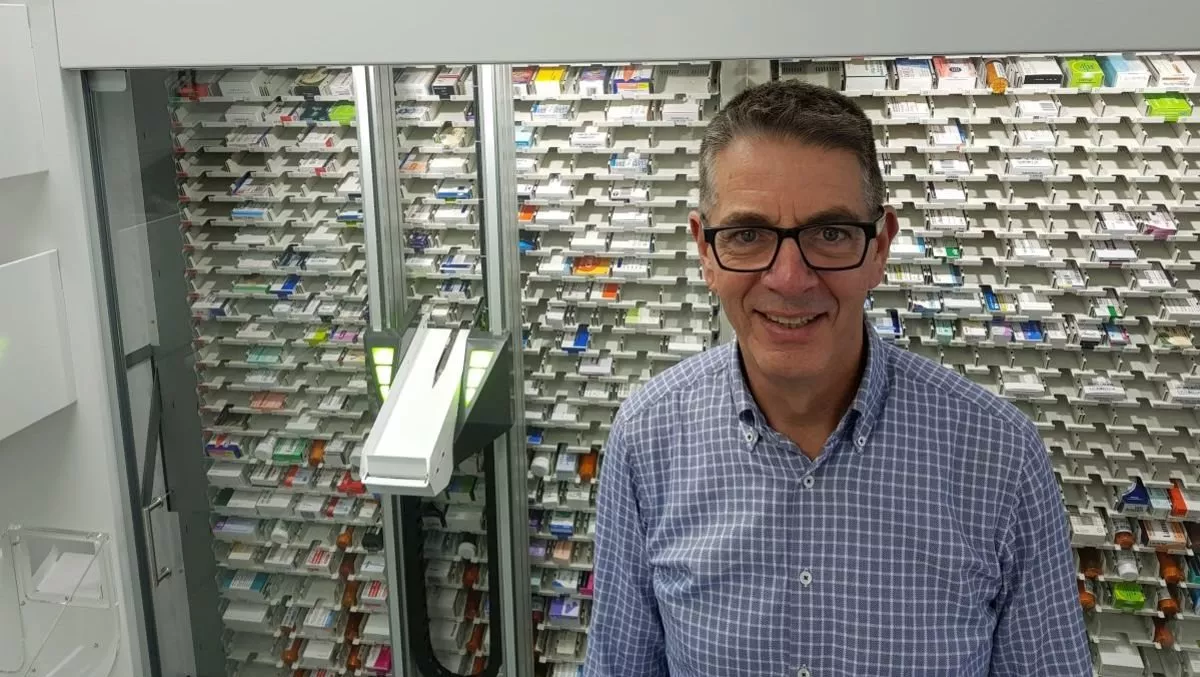
Health app to track Kiwis' diabetes medication
More than 200,000 New Zealanders have been diagnosed with diabetes, and a further 100,000 may not know they have the disease yet.
Now scientific researchers are including a smartphone app to make sure that those diagnosed with diabetes are taking their medicine correctly, and how people of different ethnicities respond to diabetes medicines.
The app will be used in two separate trials: One in Counties Manukau DHB and the other which is run by Auckland University.
Researchers will use the app, designed by Zoom Pharmacy, to report on how patients keep up with medication.
Patients who are not keeping up with the level of medication prescribed by their doctor allowing them to be followed up by a healthcare provider.
"Diabetes is notorious for poor medicine adherence. The disease is asymptomatic which means those living with the disease don't feel the high levels of blood sugar. As a result, they don't feel they need to take the medication and even when they do, they feel exactly the same, whether they take it or not," says Zoom Pharmacy pharmacist Din Redzepagic.
"The new system also takes pressure off doctors as technology allows better monitoring and early intervention to keep patients on track in between visits to their GP,' he says.
He says the Manukau District Health Board will analyse data from the study later in the year.
The second trial by Auckland University's Department of Medicine looks at how diabetic patient demographics such as ethnicity and their body's response to different treatment regimes.
"If we can get a better understanding of which medication may work better for your ethnicity or body type, it may mean you can better manage your symptoms and also avoid side effects from taking an alternative medicine," says Zoom Pharmacy lead pharmacist Dal Griffiths.
"One of the limitations of real world trials is ensuring patients strictly follow the dosage laid out by the researchers. Without this adherence, the integrity of the study can be compromised.
"By introducing the Zoom adherence service, digital monitoring and intervention by phone, we anticipate that patients in the study will stick more closely to the medication schedule provided to them - providing a more accurate outcome for researchers," Griffith concludes.

